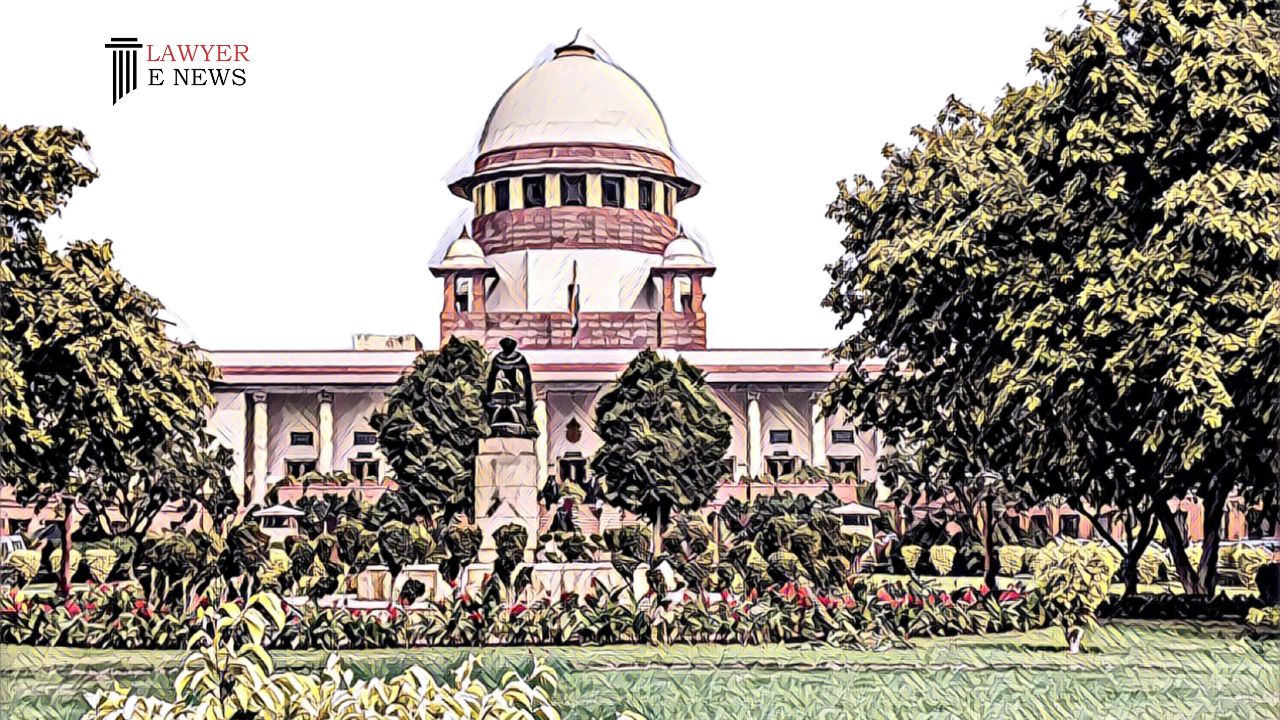-
by Admin
15 February 2026 5:35 AM



On 12 May 2023 , In a recent judgment, the Supreme Court of India has ruled that M/s. K.B. Tea Product Pvt. Ltd. and another appellant are not entitled to exemption from payment of sales tax for their tea blending activities. The court held that the appellants' claim for exemption became invalid after the amendment to the definition of "manufacture" under the West Bengal Sales Tax Act, 1994.
The appellants had established a small-scale industrial unit for manufacturing blended tea and were granted an eligibility certificate for tax exemption under the Act. However, the definition of "manufacture" was subsequently amended, excluding "tea blending" from its purview. This amendment led to the cessation of the appellants' eligibility for the sales tax exemption.
The appellants contended that their legitimate expectation and vested rights were violated by the amendment. They argued that the right to exemption, once granted, cannot be taken away arbitrarily. They further invoked the principles of legitimate expectation and promissory estoppel to support their claim.
However, the Supreme Court rejected these contentions, emphasizing that there cannot be promissory estoppel against a statute. The court clarified that the grant of exemption from sales tax is always subject to fulfillment of conditions and falls within the domain of the state government's policy decision.
The court observed that the amendment to the definition of "manufacture" resulted in the appellants ceasing to be manufacturers of blended tea. As a consequence, they no longer qualified for the exemption under the Act. The court categorized the withdrawal of the exemption as prospective, emphasizing that the appellants' entitlement ceased from the date of the amendment.
Regarding the appellants' claim of vested rights, the court distinguished between vested rights and existing rights. It held that the case involved an existing right, which can be varied, modified, or withdrawn based on subsequent amendments.
The court also highlighted the relevance of Section 39 of the Act, which outlines the conditions for claiming exemption. It noted that the term "manufacture" plays a crucial role in determining eligibility for exemption. As the appellants ceased to be manufacturers of blended tea after the amendment, they could no longer avail the exemption.
Supreme Court agreed with the lower tribunal and the high court's view that the appellants were not entitled to sales tax exemption for their tea blending activities. The court dismissed the appeals, emphasizing that nobody can claim exemption from sales tax as a matter of right. The judgment serves as a reminder that policy decisions regarding exemptions are within the authority of the state government.
DATE OF DECISION : May 12, 2023
M/s. K.B. Tea Product Pvt. Ltd. & Anr. vs Commercial Tax Officer, Siliguri & Ors.
